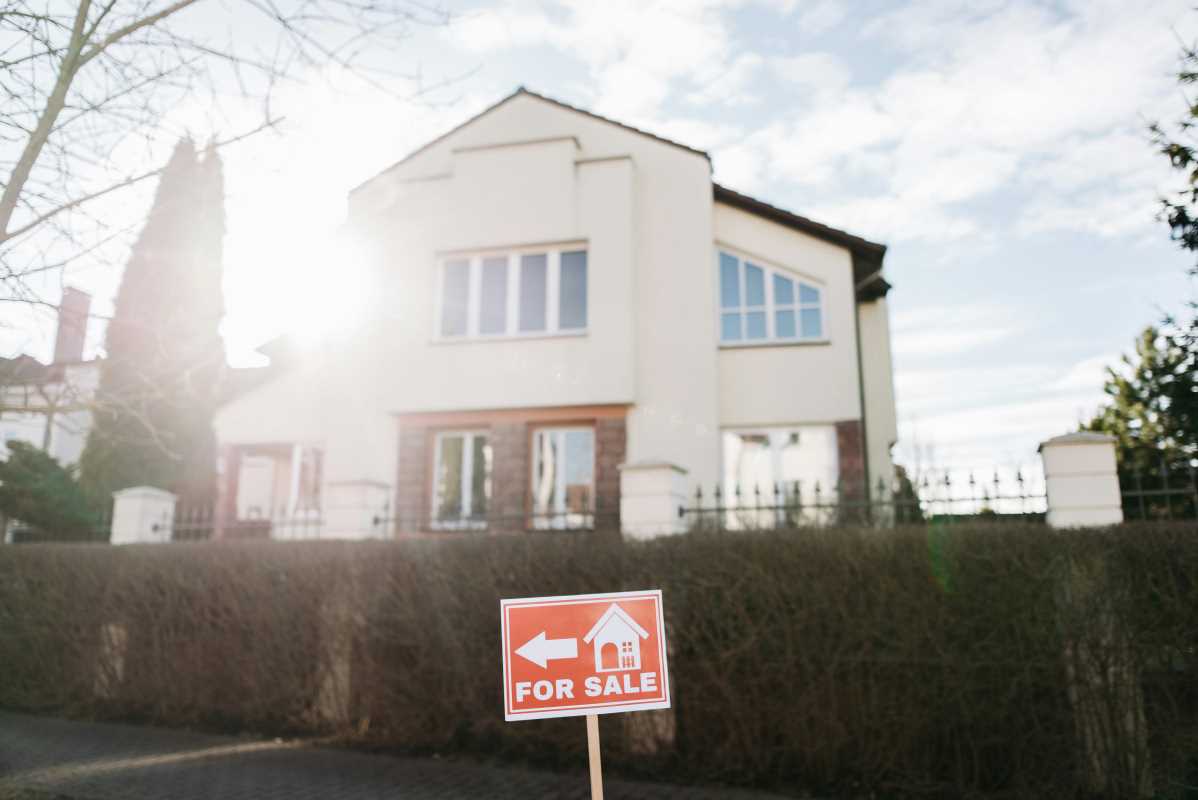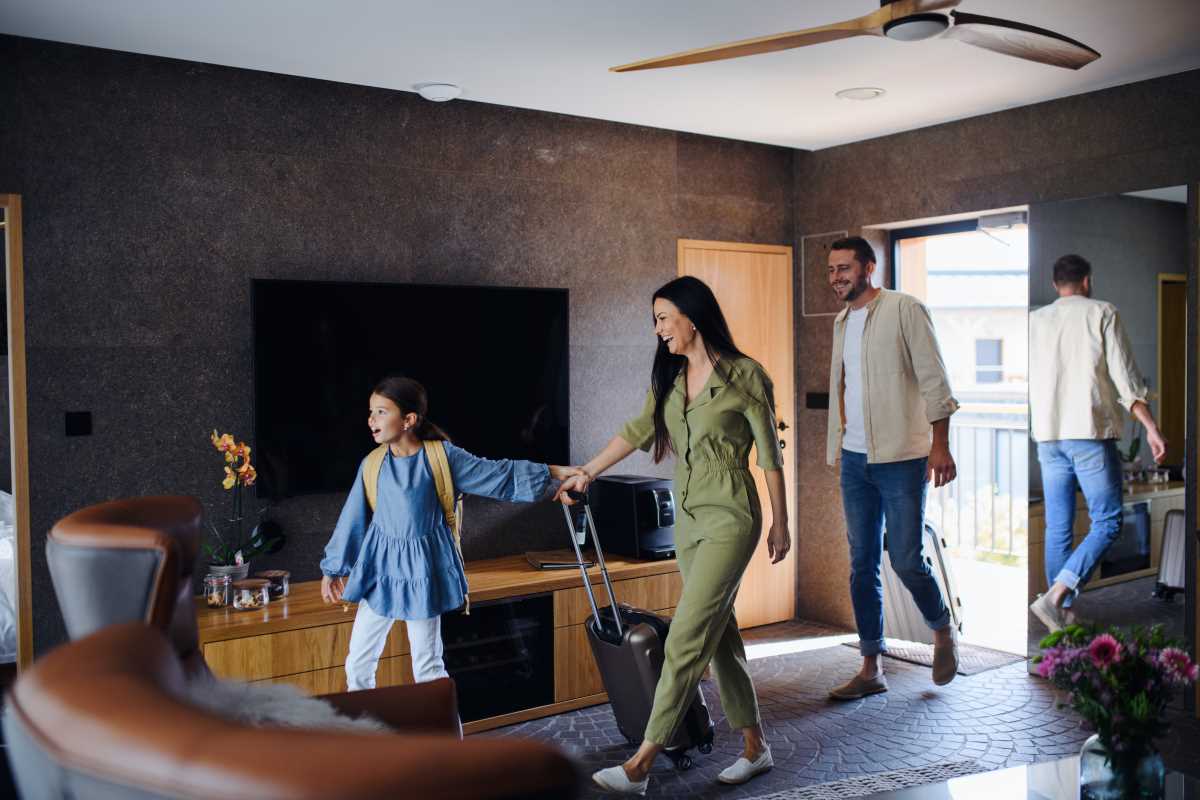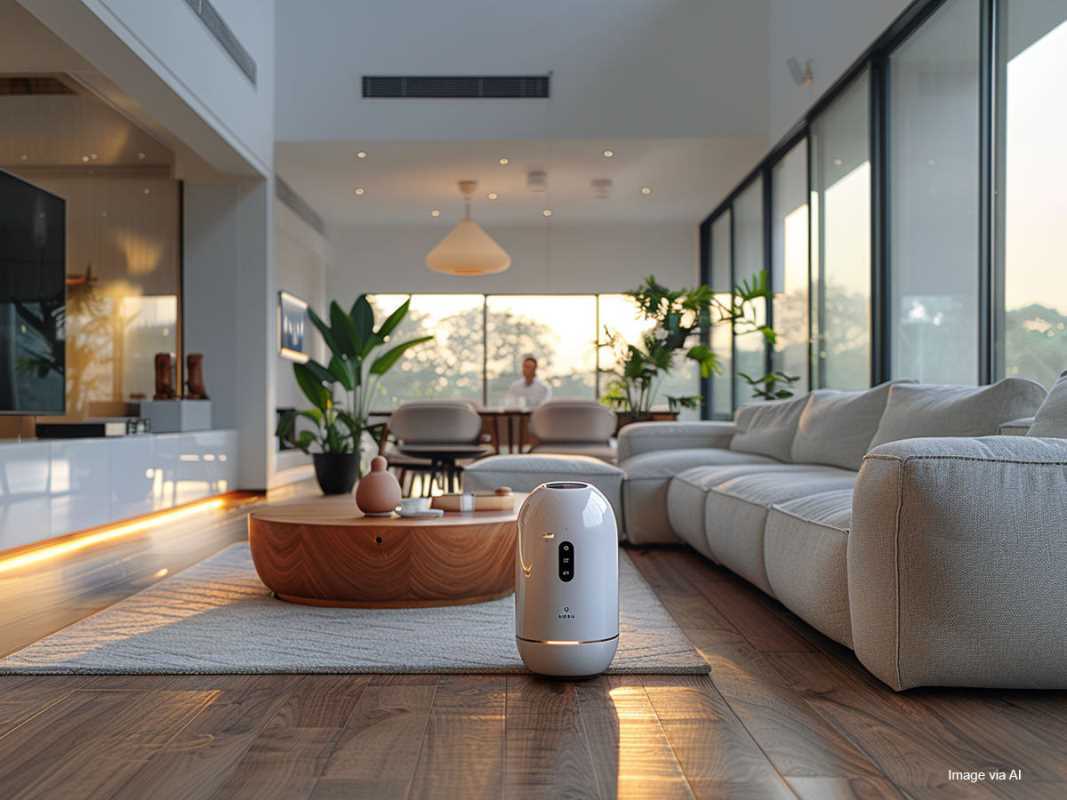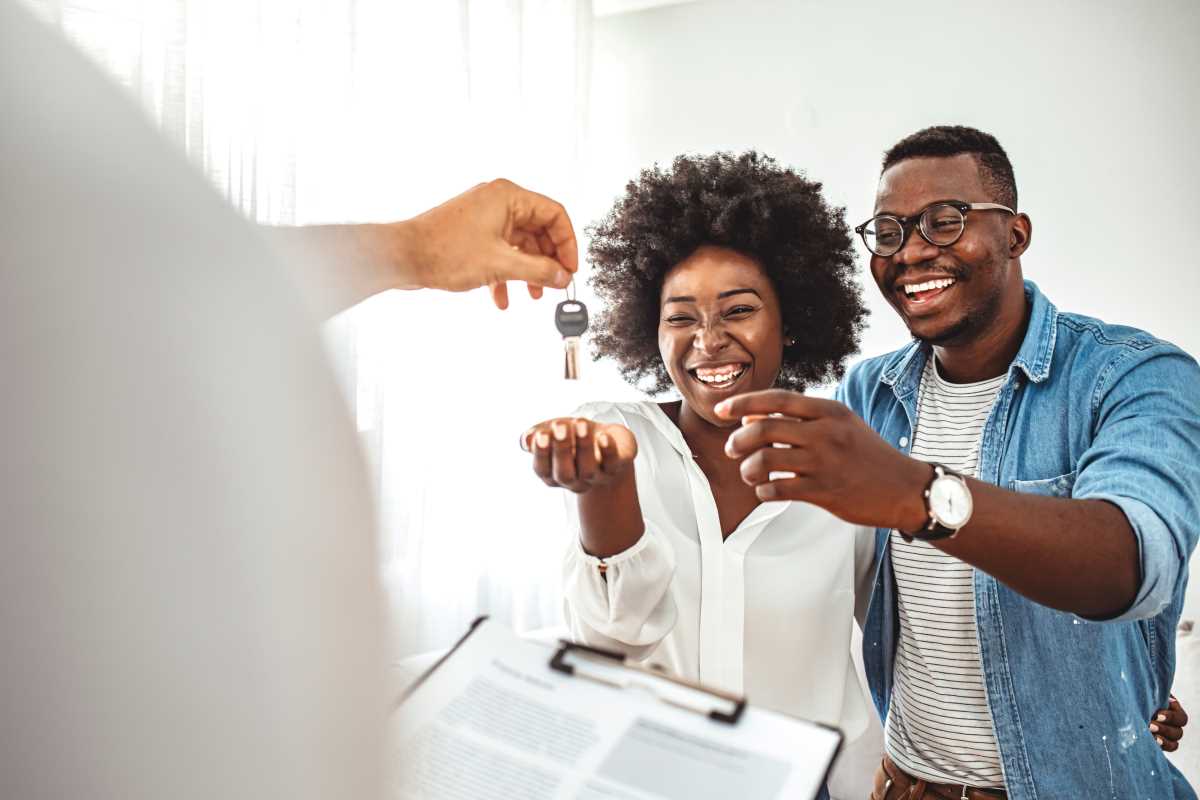Step into a potential new home, and something magical happens. Suddenly, you’re picturing yourself in the kitchen, hosting dinners in the dining room, or curling up with a book on that cozy window seat. But why do certain homes spark such an emotional response while others leave you indifferent? The answer lies in the fascinating psychology of home buying.
From subtle design cues to your brain's subconscious triggers, the homes we fall in love with often speak to more than just our practical needs. Let's explore the psychological factors that influence home-buying decisions and how both buyers and sellers can use them to their advantage.
What Drives Emotional Connections in Home Buying?
Buying a home isn’t just a financial transaction; it’s an emotional one. Several psychological factors work together to create those "aha" moments when a space feels like the one. Here are some of the most significant influences:
1. First Impressions Really Do Matter
Within seconds of stepping into a home, your brain forms a gut reaction. This is thanks to a cognitive shortcut called thin-slicing, where we make instant judgments based on limited information. A clean, well-maintained exterior and an inviting entryway can help set the tone for the rest of the tour, sparking positive feelings right from the start.
Buyers tip: Pay attention to how a home’s curb appeal and entry make you feel. Sellers tip: Tidy up outdoor spaces and add simple touches, like a potted plant or welcome mat, to create a strong first impression.
2. The Power of Light
Natural light has a profound effect on mood and well-being. Sunlit rooms tend to evoke feelings of happiness, openness, and energy, making them some of the most memorable spaces for buyers. On an intuitive level, well-lit spaces feel larger, warmer, and more welcoming.
Buyers tip: Visit homes at different times of day to evaluate their natural light. Sellers tip: Open blinds, remove heavy drapes, and use mirrors strategically to enhance light flow.
3. The Role of Smell
Have you ever walked into a room scented with freshly baked cookies or calming lavender and felt immediately at ease? Smell triggers emotional memories and associations faster than any other sense. A home with pleasant, familiar scents is more likely to evoke comfort and nostalgia.
Buyers tip: Keep an open mind but make note of how a home’s smell affects your impressions. Sellers tip: Avoid strong artificial scents and opt for neutral, fresh-smelling spaces to appeal to a broader audience.
4. The Appeal of Layout and Flow
The layout of a space affects how you imagine yourself living there. Open floor plans often cater to modern lifestyles, conjuring images of family gatherings or seamless entertaining. On the other hand, homes with defined rooms may appeal to those who value privacy and structure.
Your brain seeks spaces that “flow” naturally. When movement through a home feels effortless, it translates to a sense of harmony and balance.
Buyers tip: Consider whether a home’s layout matches your lifestyle needs and preferences. Sellers tip: Arrange furniture to highlight a natural flow and emphasize the usability of spaces.
5. Personalization Potential
A blank slate can either be inspiring or overwhelming, depending on the buyer’s mindset. Well-staged homes often help buyers visualize their future lives there by striking the right balance between neutral design and inspiration. Personal touches, like cozy throw pillows or a perfectly set dining table, can subtly guide buyers toward imagining their own stories.
Buyers tip: Look beyond décor or paint colors and focus on the structure and potential of the space. Sellers tip: Stage with intention, highlighting the home’s versatility while appealing to a buyer’s imagination.
6. Feeling of Safety and Security
At its core, a home represents safety and comfort. The location, neighborhood, and overall condition of the property all contribute to a buyer's sense of security. Intangible factors, like how you “feel” in a space, are often informed by subtle details like lighting, noise levels, and even how the home faces its surroundings.
Buyers tip: Factor in not just the house but also its surroundings. Does it feel safe, peaceful, and aligned with your needs? Sellers tip: Maintain properties thoughtfully, keep outdoor areas well-lit, and stage spaces to highlight serenity and security.
The Science Behind Falling in Love With a Space
The psychology behind choosing a home ties deeply to human needs. Abraham Maslow’s hierarchy of needs, a framework in psychology, shows how we’re drawn to spaces that fulfill not just our physical needs (like shelter and safety) but also our emotional ones (comfort, belonging, and even self-expression).
When you walk into a home that feels right, it’s often because it checks these boxes:
- Belonging: Does this space feel like somewhere you can live and grow?
- Identity: Does the home match your personality, style, or aspirations?
- Comfort: Do you feel at ease in the environment?
Tips for Navigating Home Buying Psychology
Understanding the underlying factors that make you connect with certain spaces can make the hunting or selling process more rewarding. Here are some tips for both buyers and sellers:
For Buyers:
- Prioritize feelings over perfection: Many homes you visit won’t be perfect—but pay attention to how they make you feel.
- Think about your lifestyle: Evaluate whether the space complements how you live (or want to live).
- Be aware of emotional biases: Getting swept up in charming details can make you overlook practical shortcomings. Maintain a balance between your heart and your head.
For Sellers:
- Stage strategically: Use soft lighting, fresh scents, and neutral décor to appeal to a range of buyers.
- Create emotional cues: Small touches like fresh flowers, warm lighting, or a glowing fireplace can make your home feel instantly inviting.
- Highlight potential: Help buyers see the versatility of your home through creative staging and clear messaging.
 (Image via
(Image via

.jpeg)



